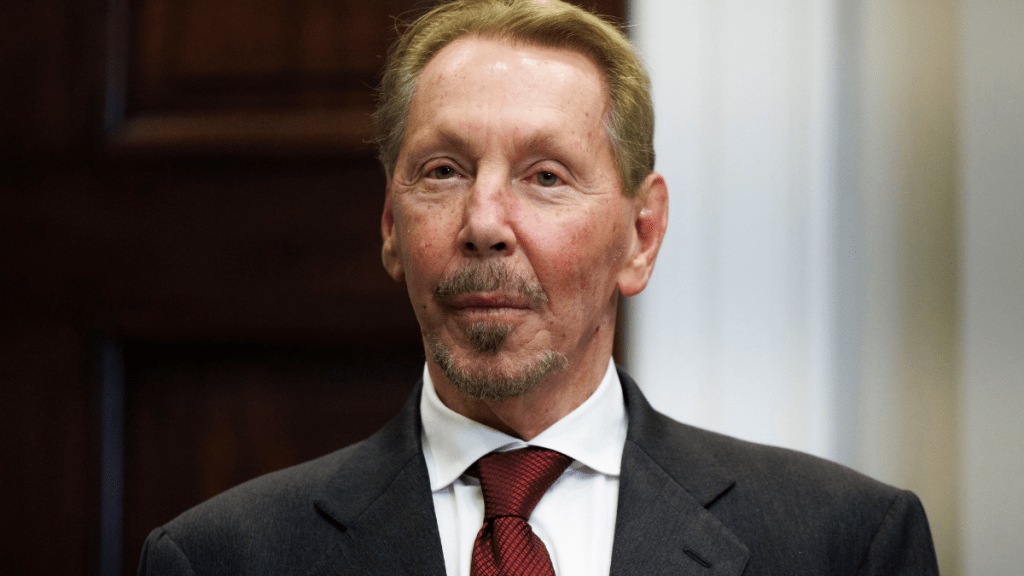The world of tech billionaires is never far from the headlines, and Larry Ellison, co-founder of Oracle, has once again seen his fortune fluctuate dramatically. Shares of Oracle dropped nearly 5% on Monday, causing Ellison’s net worth to decline by $14 billion, according to Forbes. The decline is equivalent to roughly Rs 12,33,09,48,00,000. Despite this, Ellison continues to rank among the wealthiest individuals globally.
Net Worth Surge Despite Setbacks
According to the Bloomberg Billionaires Index, Ellison’s net worth has increased by $144 billion over the past year, marking an impressive 75% rise overall. He is currently the world’s second-richest person, with a net worth estimated at $336 billion, though Forbes places him slightly higher at $350.6 billion.
In September 2025, Ellison briefly surpassed Tesla CEO Elon Musk to become the richest person in the world, following a sharp increase in Oracle’s stock. This surge was driven by major AI cloud contracts secured with companies like OpenAI and Meta, which excited investors and analysts alike.
Stock Slide Hits Billionaire’s Fortune
However, Oracle shares have recently fallen again, dropping about 6.3% and cutting $24.1 billion from Ellison’s wealth. Meanwhile, Elon Musk maintains his lead in the billionaire rankings, with a net worth close to $486 billion. Ellison had nearly matched Musk’s fortune during Oracle’s single-day stock spike, which added $110 billion to his wealth, making him only the second person in history to surpass $400 billion.
Analysts remain divided on Oracle’s outlook. While some, including Thill, raised the company’s stock price target to $400 from $360, DiFucci and Lenschow also set targets at $400, reflecting optimism. Stifel analyst Brad Reback is more cautious but still values Oracle at $350 per share.
Oracle’s momentum is largely fueled by its growing AI-driven cloud business. The company projects cloud infrastructure revenue to reach $18 billion this fiscal year, with expectations of nearly doubling to $32 billion by 2027. Long-term projections suggest growth to $73 billion, $114 billion, and eventually $144 billion in subsequent years.

